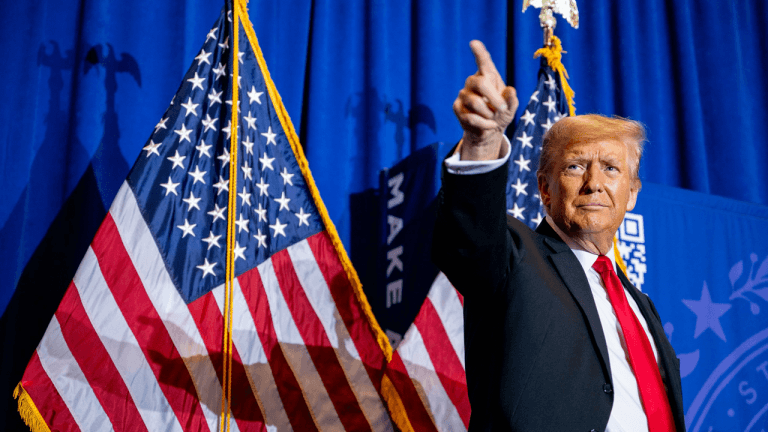
The collaboration intends to bring changes to public administration and the business sector.
Stablecoin issuer Tether has signed a memorandum of understanding (MoU) with the government of Georgia to develop Bitcoin and peer-to-peer (P2P) infrastructure in the country. The strategic collaboration between the Tether and the Georgian government will focus on building key infrastructure for a thriving startup ecosystem in Georgia.
The collaborative effort aims to attract international attention and investment toward the nascent decentralized space. The partnership aims to foster the growth of P2P technology at a state level and help build financial tools around it. Some of the key areas of development include education on Bitcoin (BTC) and blockchain technology, building payment infrastructure for merchants, and developing a resilient, open and private P2P communication system.
Paolo Ardoino (CTO, Tether) and Irakli Nadareishvili (Deputy Minister of Economy and Sustainable Development) signing the MOU for the collaboration between Tether and the Government of Georgia to develop Blockchain, #Bitcoin and Peer-to-Peer Infrastructure. pic.twitter.com/g3LayZxDPX
— Tether (@Tether_to) June 28, 2023
Tether said the partnership with the Georgian government would also look at creating and implementing a strong, autonomous financial and communication system. This entails encouraging the adoption of P2P technology-based digital payment and communication systems, as well as improving existing infrastructure to ensure its robustness and dependability in supporting blockchain-based solutions. The collaboration intends to bring changes to public administration and the business sector.
Georgia will create a special fund for local startups to help develop blockchain technologies and position Georgia as a country with an attractive ecosystem for tech startups. Irakli Nadareishvili, Deputy Minister of Economy and Sustainable Development, said the collaborative effort “will contribute to the development of local blockchain technologies in the country, as well as the introduction of companies operating in this sector in Georgia.”
Related: Peer-to-peer crypto exchanges struggle to navigate shifting legal landscape
Tether’s collaborative effort in Georgia is not its first. Over the years, many crypto companies have worked closely with governments to advance the nascent technology. In most cases, collaborations translate into a better understanding of the tech by governments, eventually leading to positive regulation.
El Salvador, the first country to make Bitcoin a legal tender, had Bitfinex as its key exchange technology partner and granted the country’s first digital asset license to the exchange. Similarly, crypto exchange Binance signed an MoU with Kazakhstan in May 2022 and received compliance approval from the government a year later.
Tether didn’t respond to Cointelegraph’s requests for comments by publication.
Magazine: Cryptocurrency trading addiction: What to look out for and how it is treated









